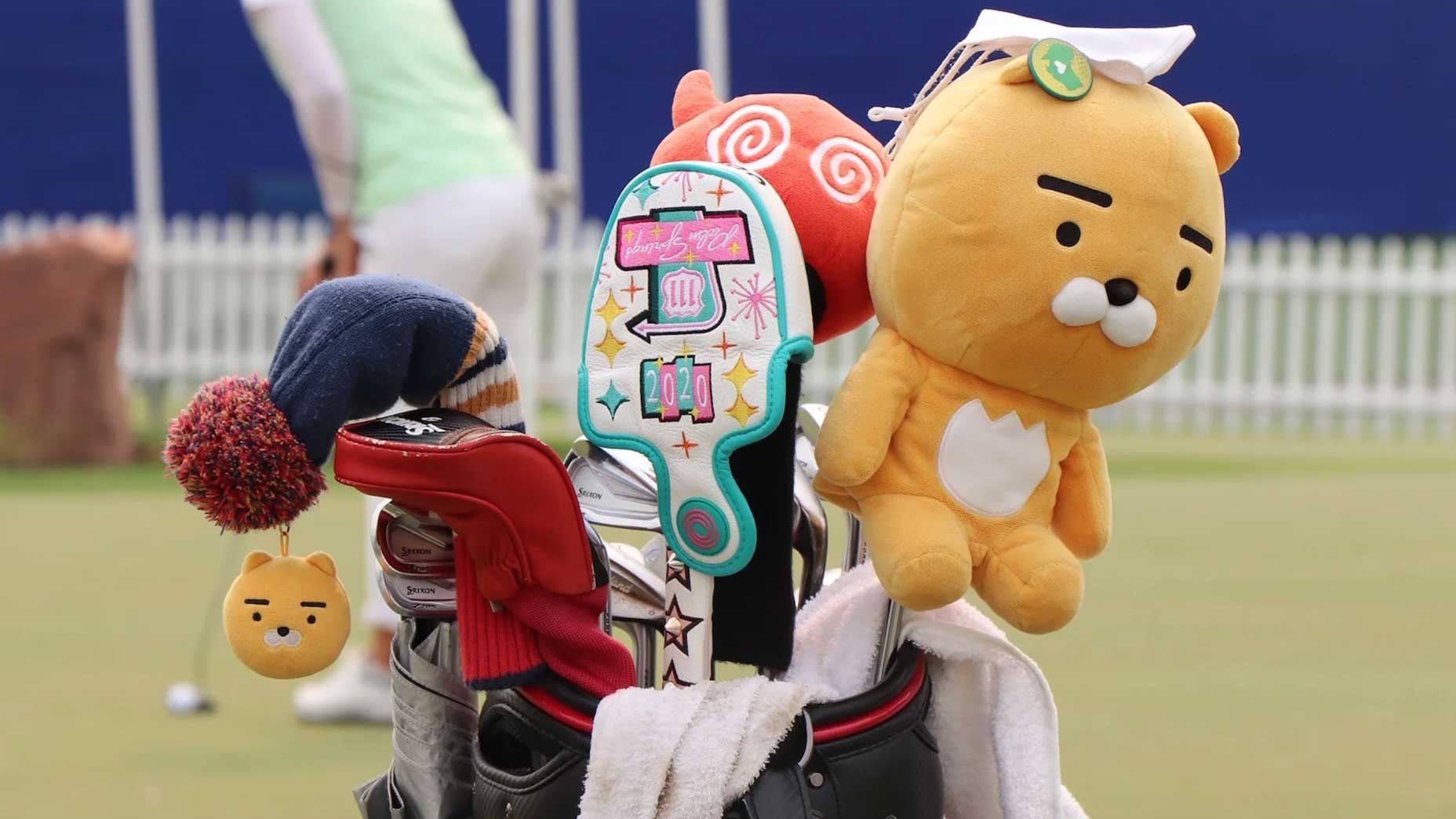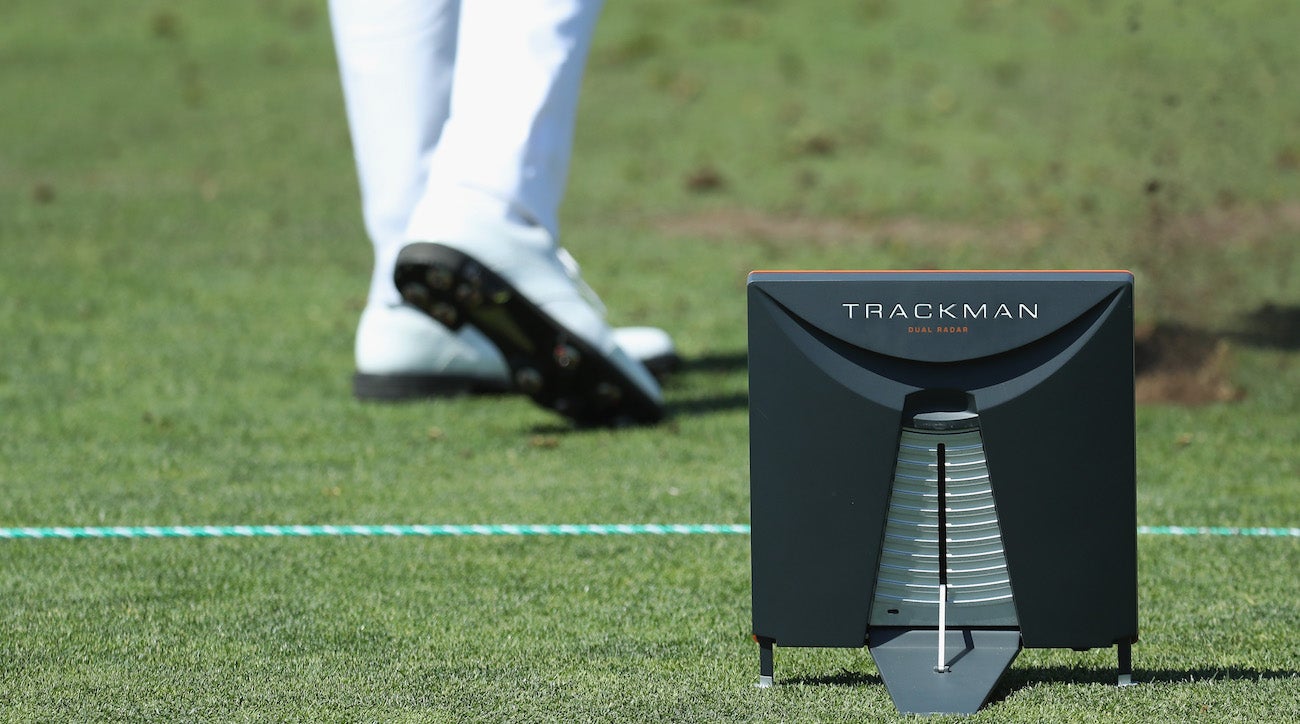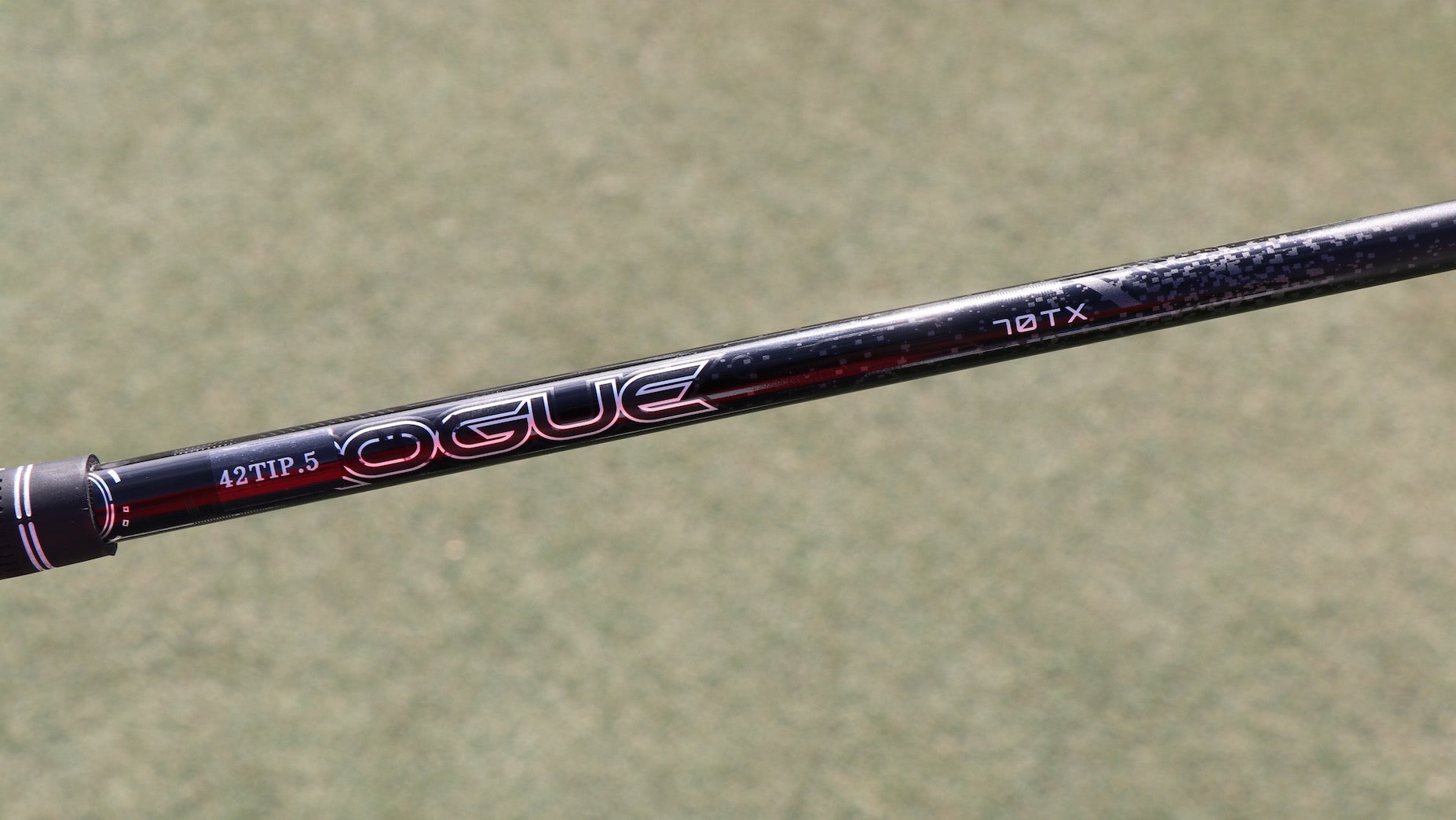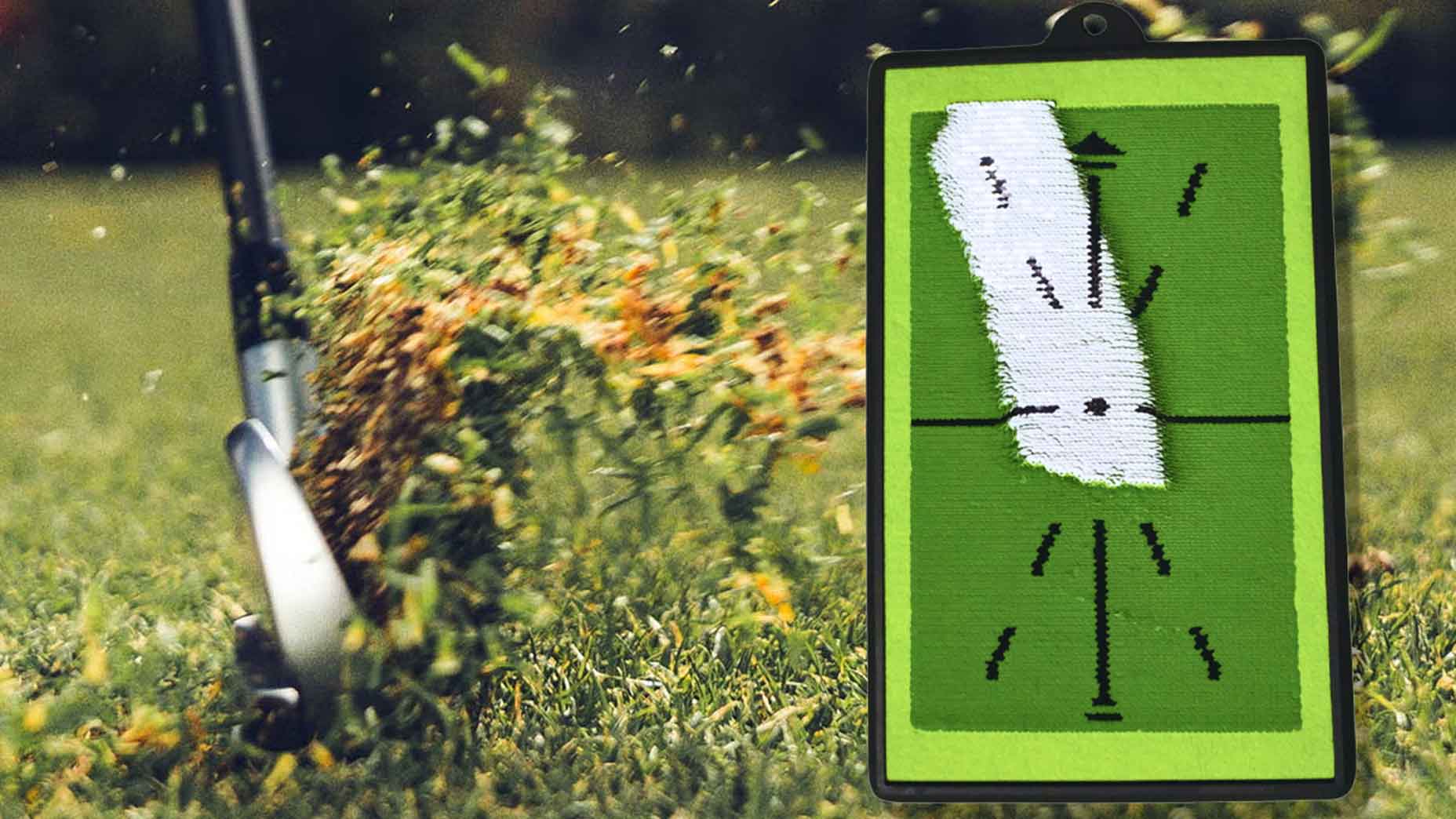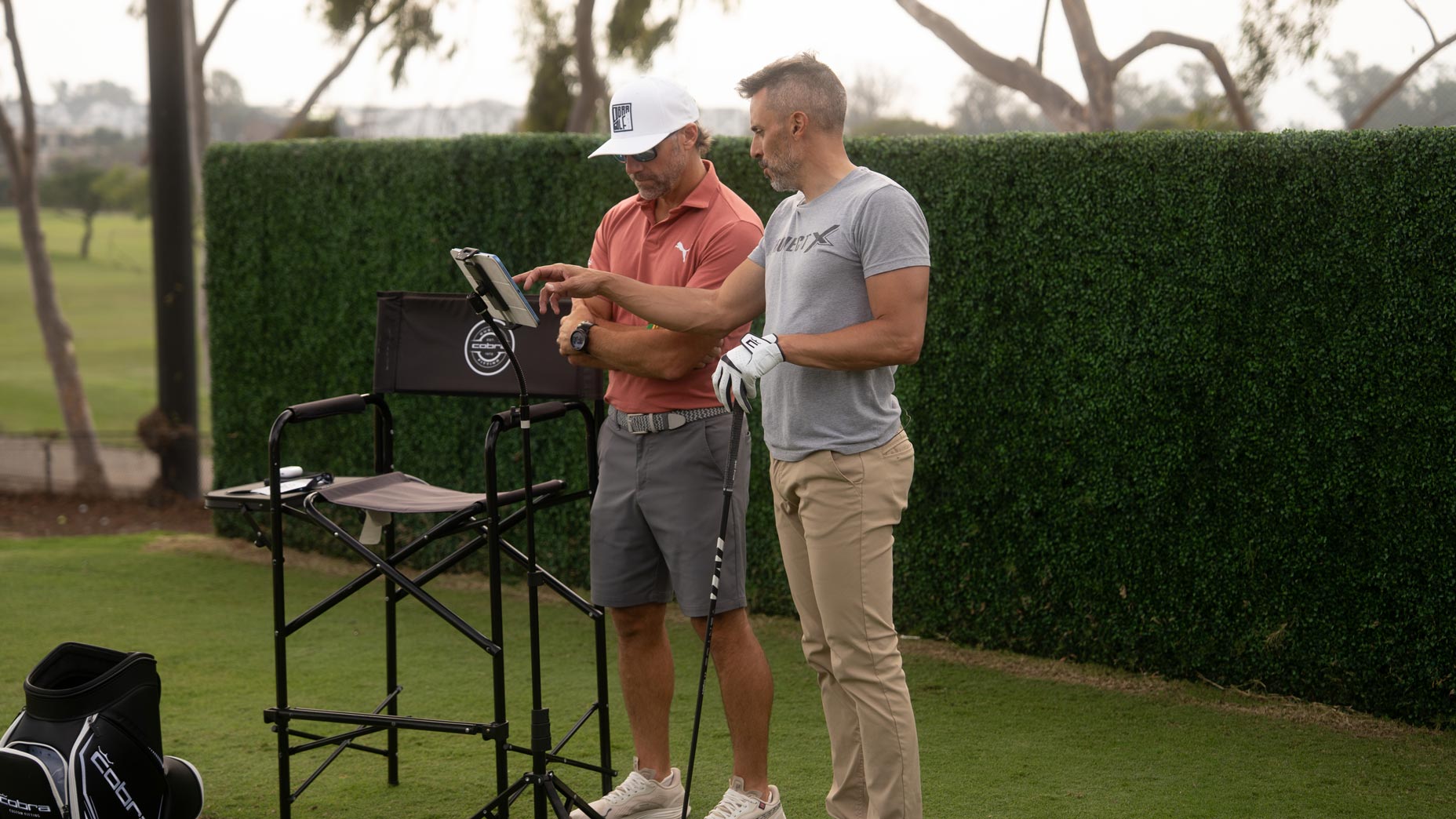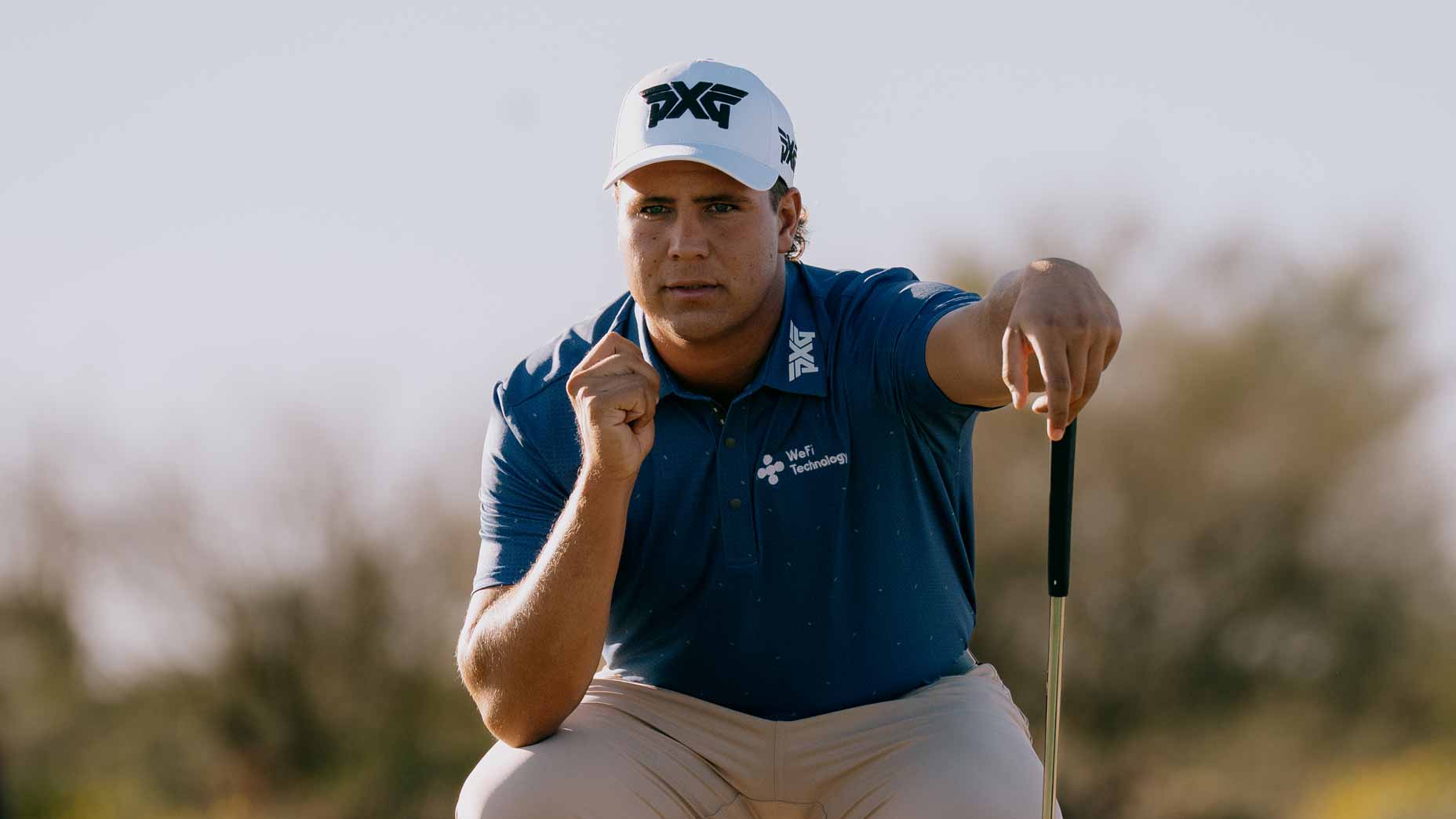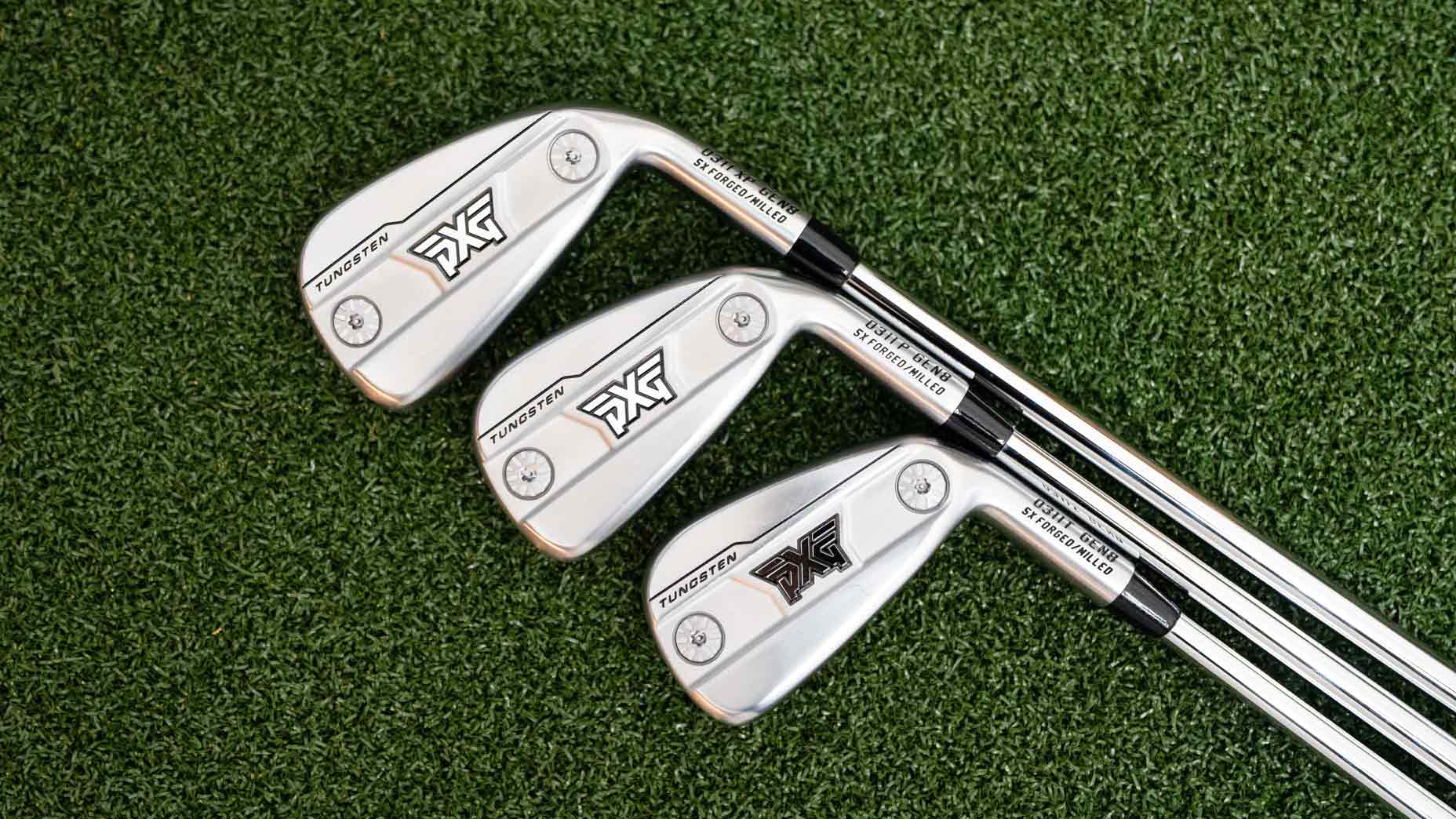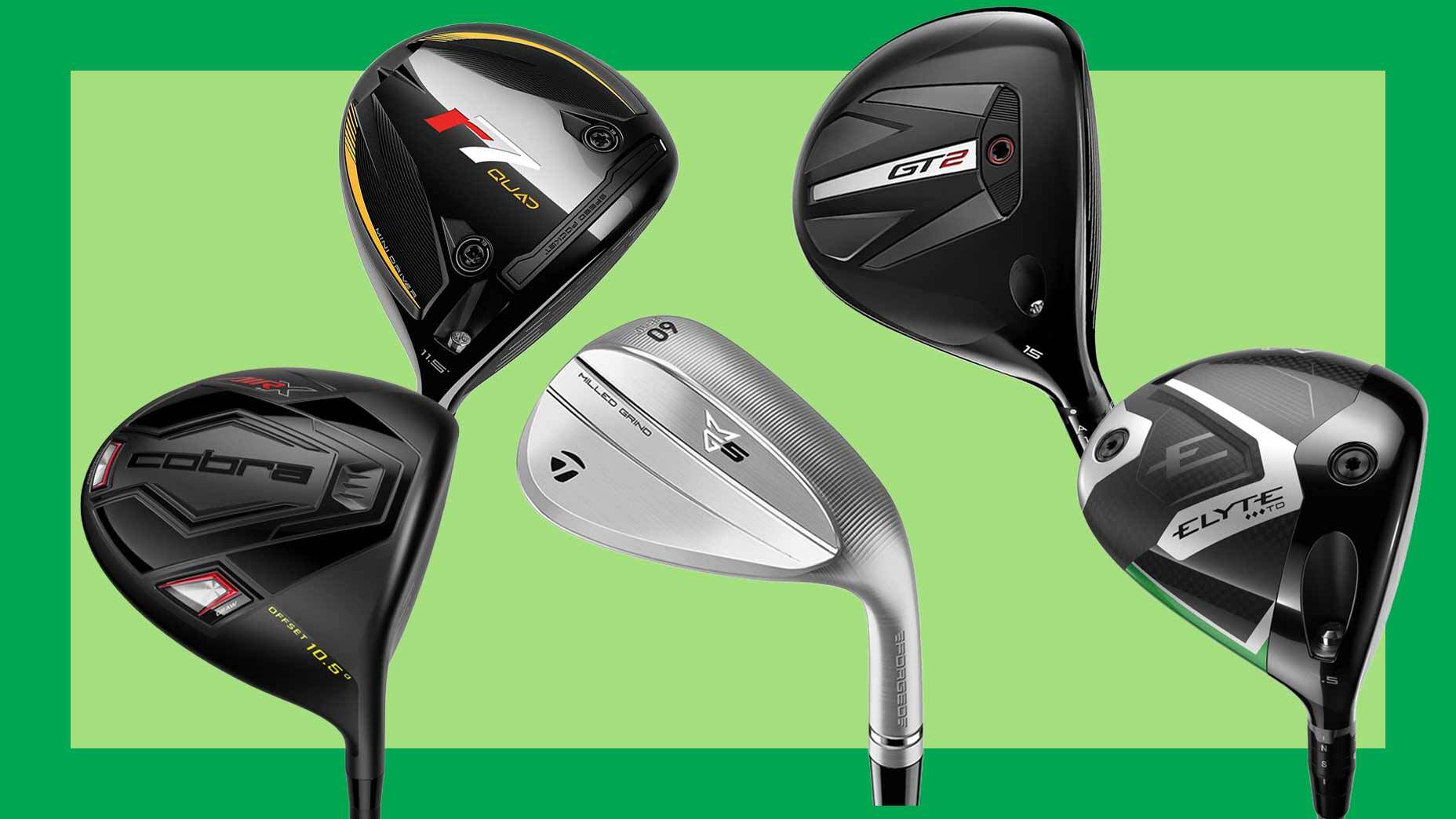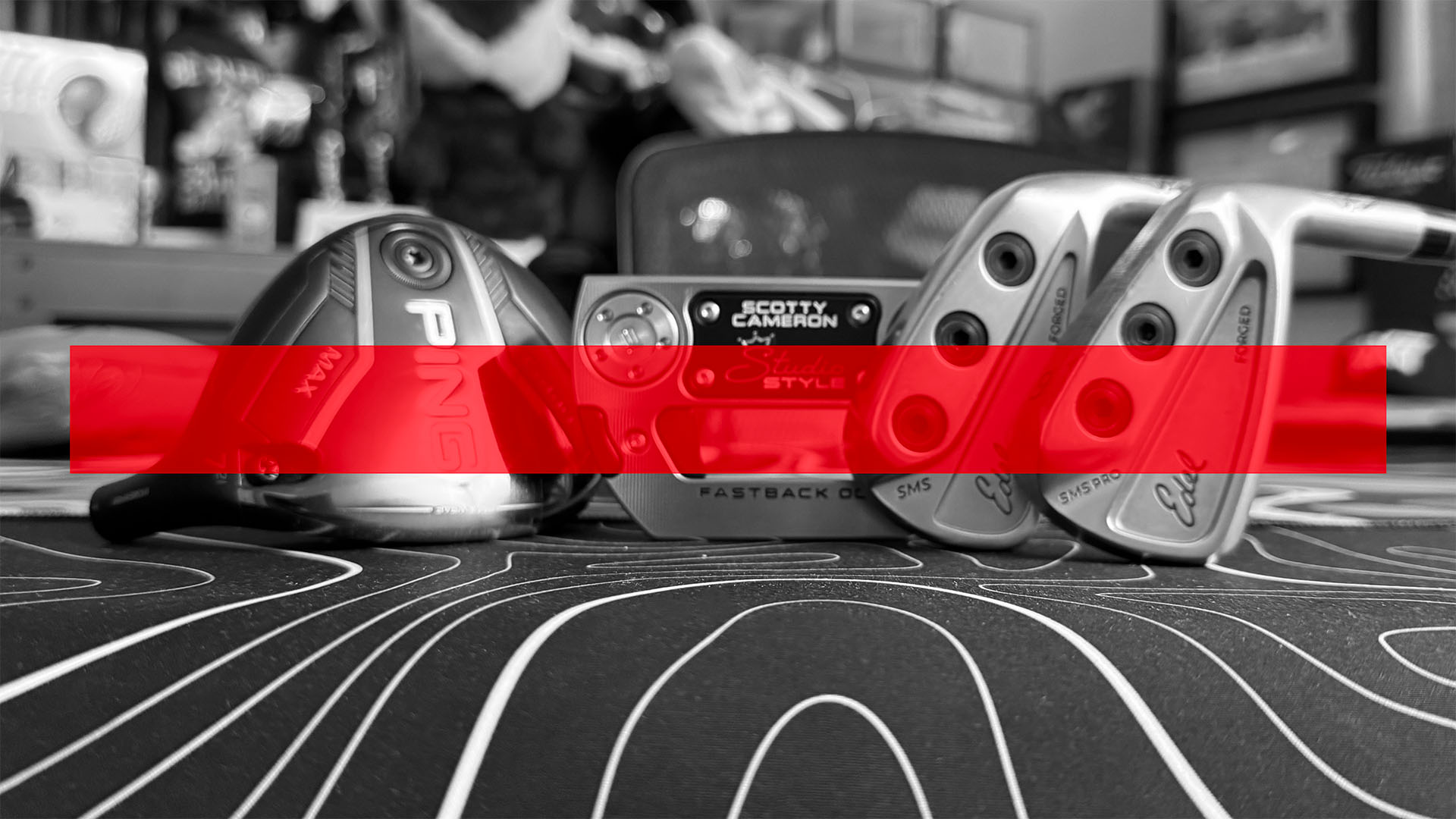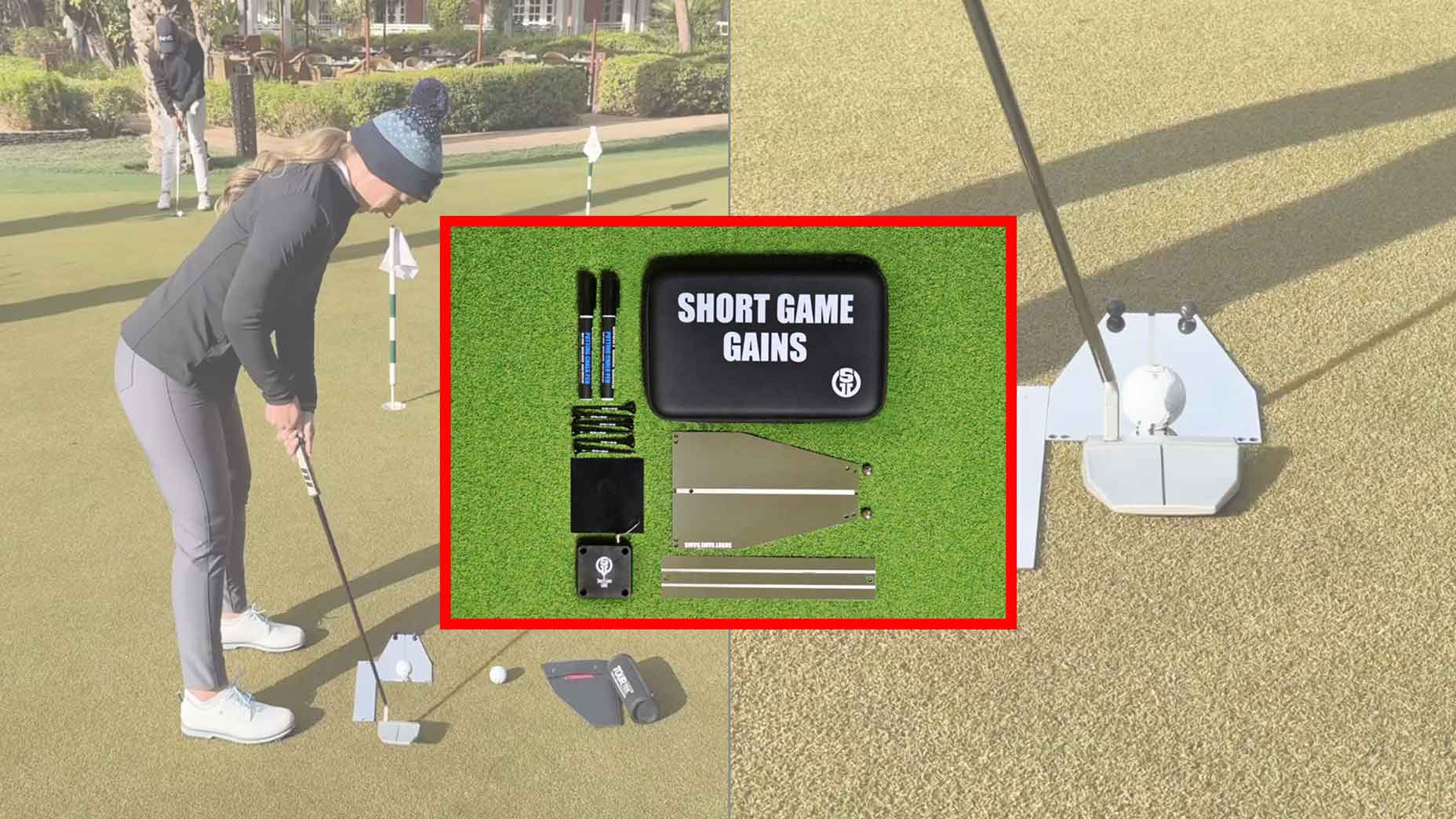It’s intriguing, and also educational, to follow along with what new club or shaft Tiger Woods or Bryson DeChambeau is using. It’s easy to forget, however, that PGA Tour players have swing speeds that are significantly faster than most amateur golfers.
The driver speeds of average amateur golfers compare more closely to LPGA driver speeds. While PGA Tour players average 114 mph with their drivers — which is incomprehensibly high for some amateurs — LPGA Tour players have a more relatable swing speed average of 94 mph.
This is how far PGA and LPGA Tour players hit it with every clubBy: Luke Kerr-Dineen
Brittany Lincicome, currently ranked 24th on the LPGA Tour in average driving distance (263.6 yards), loves watching men’s events, but finds them difficult to relate to her own game.
“There’s not a lot of people who hit it like Dustin Johnson or Brooks Koepka when we watch golf,” Lincicome told GOLF.com. “I love watching the men play golf, as well, but it’s just hard to relate to them. Their club head speed is so fast. We hear a lot in the pro-ams (when fans were allowed out), ‘We love watching you women because we can relate to your swings, and we can hit it like you guys can.’ I think that’s great. Watching us is more realistic than trying to swing like them. I wish I could swing like them, it’s just not realistic.”
Why then do so many amateur golfers look to model their equipment setups after PGA Tour players, instead of LPGA Tour players?
Recently at the ANA Inspiration, I caught up with a number of LPGA players to discuss their equipment setups and what amateurs can learn. Based off those conversations, here are three reasons why amateurs should look at LPGA gear instead of PGA Tour gear when it comes to finding what’s right for them.
1. Fewer long irons
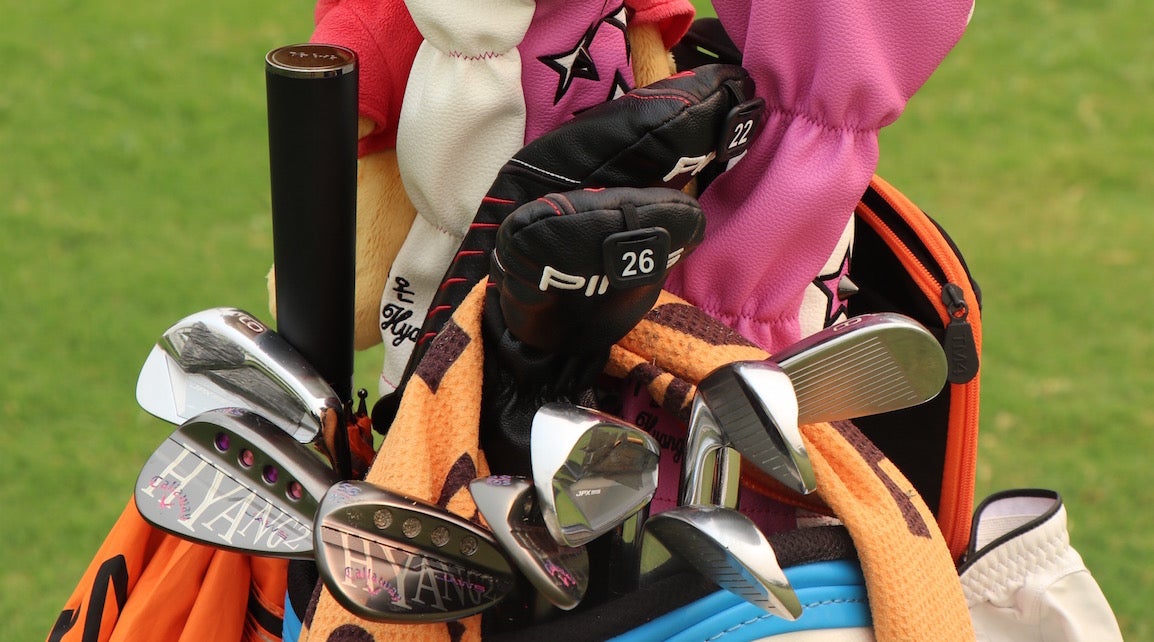
While 3- and 4-irons are common on the PGA Tour, the longest iron in many LPGA bags is a 5-iron. Stephanie Meadow says she uses a 4-iron only two times a year, and that’s only at links courses.
“I only have one hybrid, and a 5-iron is my longest iron,” Meadow said. “I see some girls with 6-hybrids; it’s just total preference. It’s whatever works for you, but I wouldn’t recommend amateurs going any longer than maybe a 5-iron.”
Jennifer Kupcho, like many amateurs, said she used too many long irons in the past.
“It’s different for every player, but definitely a lot of players use long irons instead of hybrids,” Kupcho said. “I used to be one of those players. I used to play long irons until I realized hybrids are a lot easier. Eventually they’ll learn if they want to. It’s whatever makes the game easiest, honestly.”
Lincicome agreed.
“I’ve used hybrids my whole life,” Lincicome said. “Even out of the rough, they’re just so much easier to hit, and they hit the ball so much higher. … Having a hybrid, or a high-lofted fairway wood, is easier because it lands so much softer. I think they’re underrated, and I think everyone should have them in their bag.”
Lincicome also recommends keeping ego out of the equation.
“I’m sure some guys are like ‘Oh, no, those are girl clubs,’ or whatever,” Lincicome said. “But if they knew how much easier their life would be, especially out of the rough … so much easier than trying to hit those 4- and 5-irons.”
2. Less flexible shafts
Since PGA Tour players swing the club fast, most of them use shafts that are very stiff. In comparison, LPGA players use softer-flex shafts that better suit their speed. For most amateurs with average speeds who are searching for distance, it may be more beneficial to see what shafts LPGA players are using instead of PGA Tour players.
5 factors to help you find the right driver shaft for your swingBy: Andrew Tursky
As Meadow explained, shaft fitting is all very personal.
“Our shafts are always within our realm of speed,” Meadow said. “Whatever our swing speed is and whatever we’re looking for, we find a shaft to match that. … You see players out there all the time trying to swing an axe. It’s not going to go any further, and it’s not going to go any straighter, that’s for sure. So, just play within what your realm is and go from there.”
Lexi Thompson — currently ranked 10th in the world and 7th in driving distance — shared a similar sentiment.
“You have to find a shaft that suits your swing and speed the best,” Thompson said. “My irons are actually weaker than everybody would think, but, when I try to go stiffer, my ball flight isn’t as consistent. I always end up going back [to my Project X 5.0 shafts] because that’s what suits my swing and my lag the best.”
3. LPGA players use more cavity-back irons
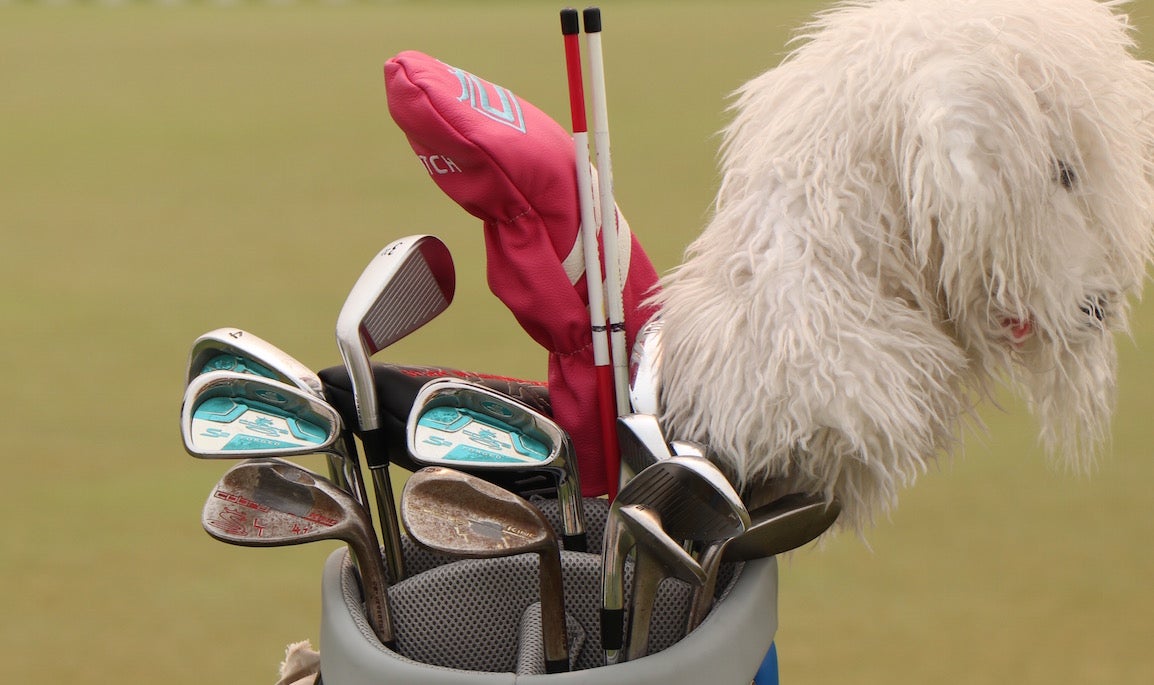
While not every PGA Tour player uses blade-style irons, blades are much more common on the PGA Tour than the LPGA Tour. Even the longest and best ball-strikers on the LPGA Tour opt for more forgiving cavity-back irons.
“I feel like, why make it harder on yourself? The blades look so beautiful and everything, but like, you have to hit it so pure every time,” Lincicome said. “And most amateur golfers are not pros; they don’t play as much as we do. So, if you’re just a weekend warrior, why make it that much harder on yourself? Like, get the cavity-backs. They’re going to help your game so much more than trying to hit this pure shot. I mean, I don’t even have them. It’s way too hard.”
Thompson plays a set of cavity-backs too.
“I’ve never been a blade hitter to begin with. I feel like the more forgiving club, the better,” Thompson said. “But everybody has their own preference. Everybody likes to either look down at a blade, or something with more technology. For me, it just helps me realize I can miss it and still get away with it. I have that little bit of give in the iron. It might be an ego thing, but it’s what people prefer; I guess it’s their decision.”
As Thompson said, everybody is different, and that’s why getting fit is the only way to find the proper equipment for you. If you’re going to emulate equipment of the pros, however, and your swing speed is closer to 94 mph than 115 mph, try checking out the specs of LPGA Tour players instead of PGA Tour players.
